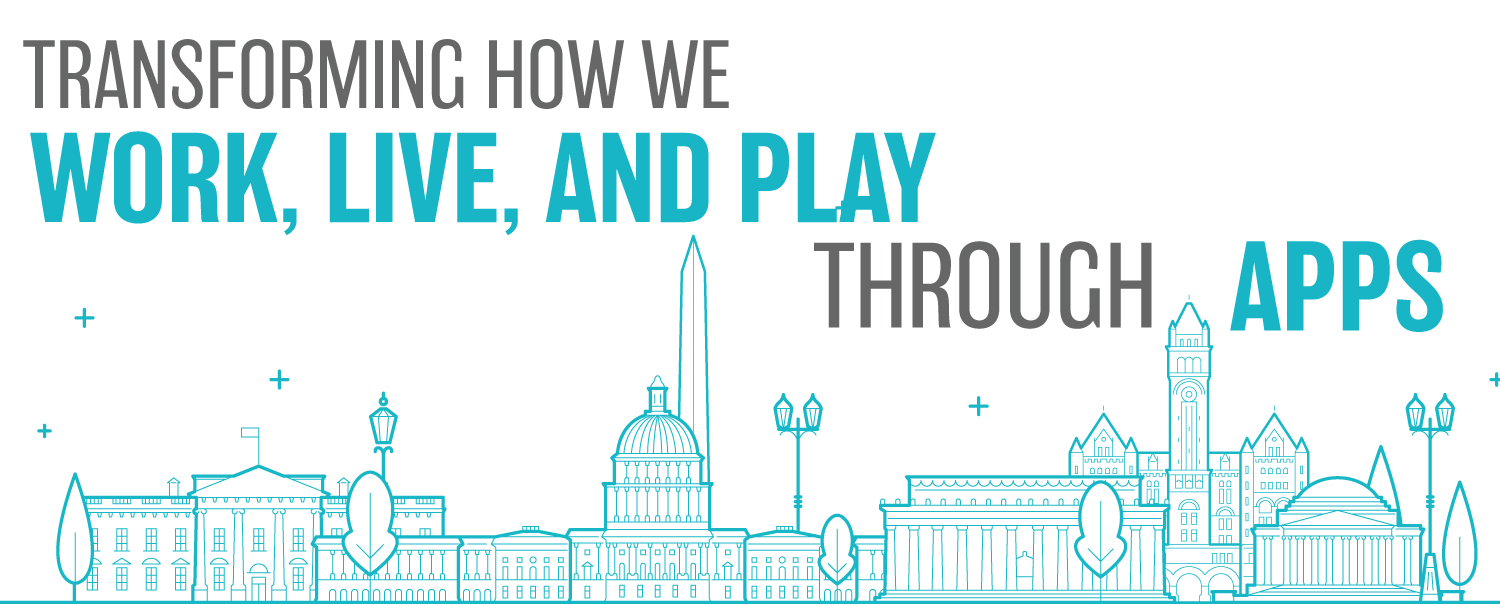Recently, the Small Business Administration released data on the types of businesses that applied for one of the Paycheck Protection Program (PPP) loans, established through the CARES Act at the start of the COVID-19 public health emergency (PHE). As an association for small and medium businesses in the app economy, we paid particular attention to this program in order to guide our members through the ins and outs of applying. Securing funding for a small business isn’t an easy task, let alone during an unprecedented public health emergency where safety and security are top of mind, making it a mentally and emotionally exhausting process.
The release of the data on loan applicants and recipients has put many businesses under a microscope, particularly in the tech sector, to account for their status as a small business and what they did with funds. ACT | The App Association is a small business with 20 employees in the United States and Belgium and is a 501(c)(6).
We also faced a significant revenue loss at a time where our advocacy around issues like digital health, broadband access, and economic opportunity for app developers felt more needed than ever. Under the thoughtful guidance of our chief financial officer and executive team, we applied for and received a PPP loan so we could continue this critical work without reducing staff.
In order to be transparent with our members and policymakers, we want to share some of what we used our PPP loan funds for during the last few months.
Member Education and Outreach
Our members drive everything we do, and our immediate concerns during the start of the PHE revolved around making sure they understood the complex and changing-by-the-hour approaches of both the U.S. government and the European Union (EU). Our policy and membership teams met with staff of both governments to make sure the needs of our membership would be addressed in relief and aid packages. We quickly developed a number of resources, such as specialized webpages, webinars, and blogs for our members to navigate application processes and continued to update them as the programs grew. These critical resources are an important element of furthering Congress’ purpose in ensuring that small businesses do not fail and can weather the storm.
Digital Health
Our Connected Health Initiative’s (CHI) advocacy to remove barriers to wider adoption of digital health tools became the driving force of our work during the PHE. The funds from our PPP loan helped us scale up our efforts to ask for temporary waivers around many regulations preventing Medicare and Medicaid patients from accessing telehealth and remote patient monitoring. Thanks to the relentless work of our staff and CHI Steering Committee, we led the charge to secure these waivers and many other changes to expanded digital health usage. And the charge is not over—now that evidence is showing the uptake in telehealth not just for COVID-19 related care but for delivering everyday healthcare without exposure for patients and providers, we continue to urge Congress and related federal agencies to make these changes permanent.
Our CHI staff also worked closely with the Federal Communications Commission (FCC) to offer insight and promote its COVID-19 Telehealth Grant Program, as part of the agency’s ongoing commitment to ensuring access to digital health.
Contact Tracing and Privacy
The App Association’s thought leadership on data privacy took on a new dimension as contact tracing apps became one of the many tools used to mitigate the spread of the virus. We testified in a first of its kind “paper hearing” before the U.S. Senate on COVID-19 and data privacy and continually educate our members developing these types of apps both in the United States and the EU.
Broadband Access
Ensuring access to reliable broadband across the United States is a cornerstone issue for our members, and we’ve long championed the use of TV white spaces and 5G to connect Americans, especially in rural and underserved areas. The reliance on online environments for work, education, and healthcare put a spotlight on the existing digital divide and the potential for an even greater access gulf. Our staff is deeply engaged in the discussions to address increased access both at the congressional and agency level through meetings and filings. We’ve put together a number of educational events on the digital divide and viable solutions featuring FCC Commissioners, thought leaders, and App Association members.
Administrative
We had to address how to retain our staff and our physical office in Washington, D.C., while also assessing what we needed at staff members’ homes to continue our work. We received no reduction in rent during this time despite not able to occupy our office. Our PPP loan enabled us to address this concern without the need to reduce our staff. As we transitioned to home, we continued to cover the expenses of home internet service for staff and any essential supplies needed to work from home. One benefit to representing the app ecosystem is our staff is well prepared to work from home given our love for the apps and tools that make this possible. We already had a handful of remote employees and while transitioning everyone was relatively smooth, it was not without the challenges millions of Americans experienced with access to reliable broadband, moving to virtual meetings, and just missing the energy of an office environment.
These are just a few examples of how our PPP loan facilitated work essential to understanding and advocating for policy changes to address a world now changed by COVID-19. I am incredibly proud of the work of our staff on behalf of our membership. By keeping our virtual doors open, we were able to advocate for policy changes that will help the world move forward into a new era rife with opportunities for the app economy.
On behalf of the App Association staff,

